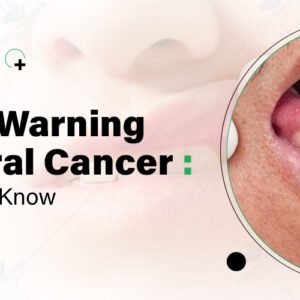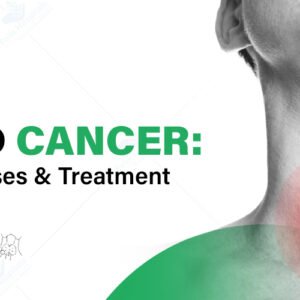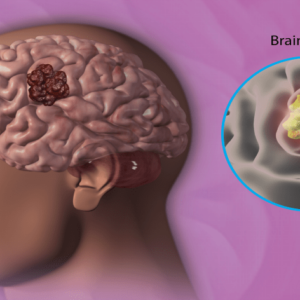How cancerous is Cancer?

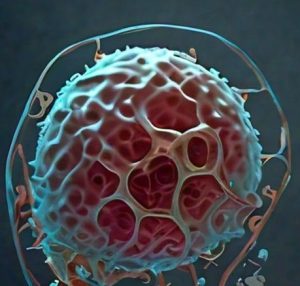
Cells are the smallest constituents of our body with specific functions, arranged very meticulously as building blocks of the body. These cells act upon the instructions from the brain in the form of body signals to perform their function such as growth or death in due time. When the body needs new cells, they grow and multiply through an organic process called cell division and gradually it dies by growing called programmed cell death. Proper functioning of this system ensures a healthy body and failing to which become disastrous in the body. Growth is one of this kind disaster! Therefore growth is not always good especially an uncontrollable cell growth in the body that emanate one of the most painful life conditions, called cancer. It is a broad term to denote a large group of diseases that can affect any part of the body.
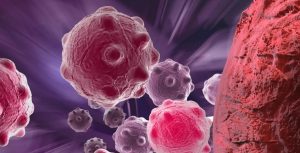
Cancer is a health condition in which some body cells grow abnormally and spread to other parts of the body through bloodstream or other means. Normally cells seize to grow beyond their usual boundaries and they grow old till meet death for replacing with new cells. If a cell is found damaged, the immune system stands up in alert and eliminates it quickly. At times this order breaks down, and damaged cells grow rapidly and multiply as opposed to their instructions. These cells may form lumps of tissue called tumours often tend to hide from the immune system. However, non-cancerous tumours are also there called benign tumours that usually do not grow back and they neither spread into other parts nor invade nearby tissues. When cells ignore bodily signals and divide or multiply beyond the instructions, that results in the growth of malignant tumours and neoplasms in the body.
Hence, two defining features of cancer can be identified as
I. The rapid creation, division of cells and
ii. Its invasion into adjacent body parts which is also called metastasis. Death occurs when the metastasis become widespread into other parts of the body.
Cancer is Genetic, implying changes in the Genes
Since cancer is involved with cells, chromosome and DNA, we can say it is a genetic disease in that sense it is caused by changes to genes. As we know, genes are the carrier or basic physical units of hereditary information that also regulates the growth, division and overall functioning of cells. While regarding the structure, genes are arranged along long strands of double helical DNA which is tightly packed into structures called chromosomes where the cancer affects. Cancerous cells accumulate multiple changes in the chromosomes such as certain cancer cells tend to delete parts of chromosome and others duplicate it. Even, some cancer cells have double chromosomes than the normal 23 pairs of human chromosomes. Cancer cells often rely on different kinds of nutrients than the normal cells do for their function. Besides, they produce energy from these nutrients in a different way than normal cells that helps cancer cells to grow haphazardly. Our body often eliminate cells with damaged DNA before they turn cancerous but sometimes it does not work as programmed because of various causes.
Three Genetic Causes of Cancer
Scientists did not specify exact causes of cancer because it is very difficult to trace though they identified certain substances, known as carcinogens. Exposing to which make you susceptible to cancer such as using tobacco, pollution and even preserved food are also contributory. Similarly, viruses can cause cancer and exposing to some substances like asbestos and arsenic also lead to cancer. However, we categorise three major reasons of cancer as follows,
I. Mutation or Genetic errors can disrupt the control mechanisms for cell growth and division that often causes cancer. Each cancer patient has a unique combination of genetic changes.
ii. Any damage to DNA due to harmful substances such as the chemicals and ultraviolet rays causes cancer
iii. Cancer may inherit from the ancestors through genetic transmission.
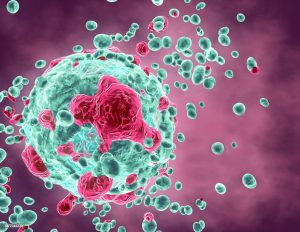
Symptoms of cancer
Normally cancer does not produce symptoms when it begins though they appear as it grows or spreads. Cancer is considered as great imitator, because some of the symptoms are frequently occur in our body for other conditions that may or may not be indicate the cancer. Here are some signs that may point to cancer.
1. Unusual growth, lumps or any fleshy masses appear on any part of the body where none were present previously should warrant our attention. At first we need to observe the features and patterns associated with it and if anything, found suspicious then consult with a doctor.
2. Abnormal bleeding from any opening of the body such as rectal bleeding or vomiting blood or blood in the urine are common symptoms of cancer.
3. Unexplained persistent weight loss may be a symptom of other health conditions but may also be due to cancer.



